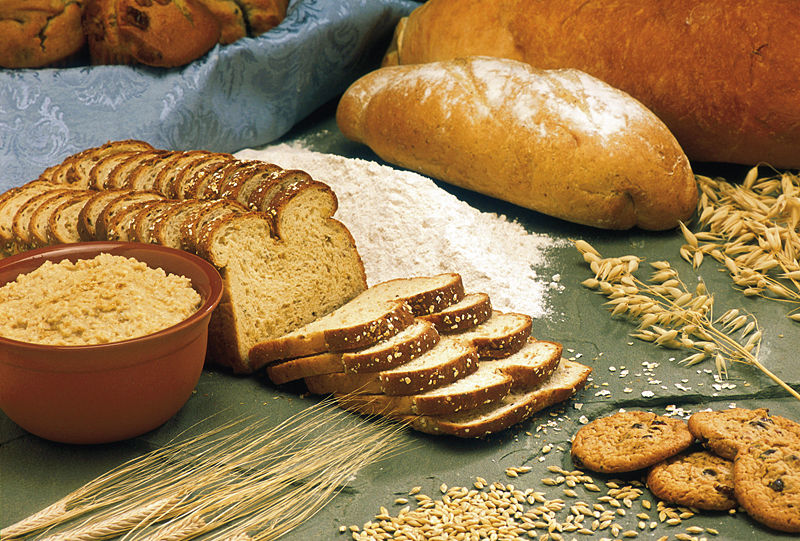I am proud and excited to share with you these photos, of the second year, of our student garden. For some of us it has been a distant goal for a long time, for others a pleasant surprise, but I think we can all agree that it is an encouraging victory of our effort.
All of us have put a great deal of energy into SFI--whether by planning, organizing, decorating, reading, watching, debating, hoping, or eating--we have successfully begun to materialize a vision of new ways we can grow, relate, eat, distribute and share food within and around the Juniata community.
We all eat, some more than others, and this gives us a great responsibility. Our efforts over the last 3 years are being noticed, supported, and realized and it is our small group of students who is responsible. We should never underestimate or doubt the power of our own initiation.I hope we can continue to agree on our continuing goal of supporting each other in our individual and group efforts dedicated to food issues.
The food we are growing in the garden (and farm) is a small portion of the food and ideas that we aspire towards, but we are nevertheless creating fertile land on which to grow imagination. Growing ideas that will
inspire (or derail) other imaginations is the essential to what we are doing.








